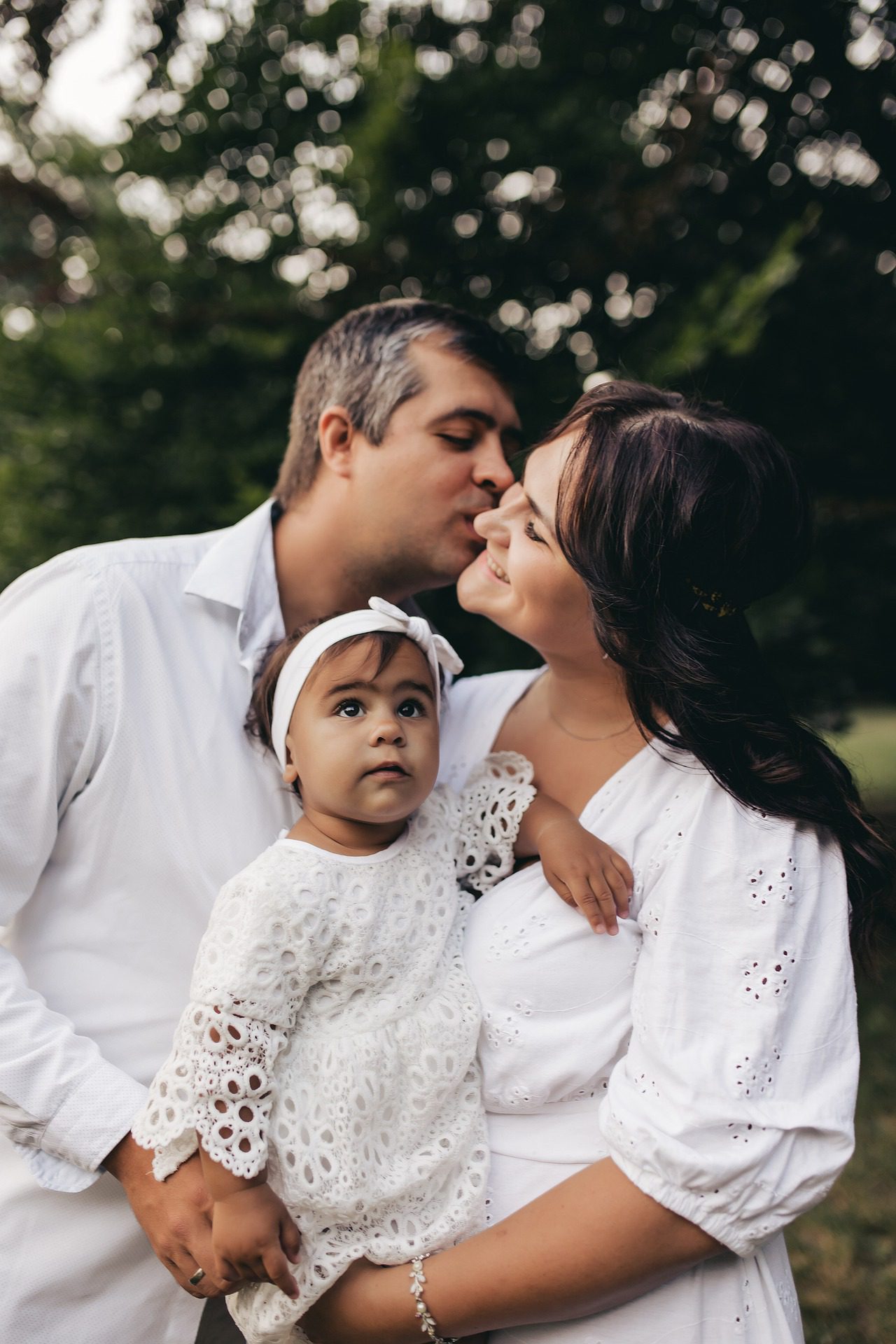 Parents have always found it a little uncomfortable to discuss where babies come from with their children. When the birth involves social, emotional, or other complexities such as surrogacy, it can be extremely overwhelming.
Parents have always found it a little uncomfortable to discuss where babies come from with their children. When the birth involves social, emotional, or other complexities such as surrogacy, it can be extremely overwhelming.
While it can be difficult, experts agree that it is important to be honest with your children about their surrogacy story from the very beginning.
Why Should You Tell Them?
Many experts, including psychologists and reproductive experts, believe that children have a right to know their origins. They believe this contributes to a child’s sense of identity, self-esteem, and view of their place in the world.
Another important reason is that you may have to disclose your child’s familial history every time they visit a doctor. It can become uncomfortable if you try to keep it a secret from your child, especially as they get older. This is especially important if you use donor eggs or sperm. At Shared Conception, about half of our clients use donors during their surrogacy journey.
If you are in a same-sex marriage or partnership, your child will likely also have questions about where they came from.
These are all important reasons to have the surrogacy discussion with your child. Whatever your reason is, it is essential to be honest with your child about their conception.
How Do I Tell Them?
You want to remain honest but also age-appropriate in your explanations. Begin with a more gentle introduction to the concept. You can do this in several ways such as reading them a children’s book that explains surrogacy. Young children tend to be extremely open-minded, so it’s crucial to establish surrogacy as a positive story from the beginning and as early as possible.
It’s good to be straightforward when explaining surrogacy to children versus overwhelming them with details they may not fully understand yet. If they ask questions, answer them in the same fashion that any other parent would when it comes to conversations of this type.
What If I Feel Overwhelmed About Telling Them?
If you feel like having this conversation with your child might be too overwhelming for you, that’s ok! Ask for help. Family therapists are often very comfortable talking with you and your child about modern family dynamics and norms.
If your surrogate is still part of your family’s life, it is ok to ask them to help explain. It would be great to show you child pictures if there were any taken during the pregnancy phase. At the end of the day, you just want your child to know that they are loved and supported.
What Happens If My Child Handles It Negatively?
It’s natural for children to sometimes feel upset, angry, confused, or awkward by these types of conversations, and that’s ok! Remember, your child still loves you; they’re just absorbing a lot of information, and they have to process it in their own way. You can also talk to a family therapist to help the child understand and work through their emotions. Always show your child empathy and consideration and remind yourself these feelings are not directed at you personally.
Final Thoughts
As intended parents, you need to view the discussion of surrogacy as an ongoing conversation with your child rather than a one-time talk. The more information you provide your child with, the better their understanding of the situation will be.
If you are interested in learning more about surrogacy options or are interested in becoming a surrogate mother, please contact us at 713-622-1144, and we will be here to help you with any questions.


Recent Comments